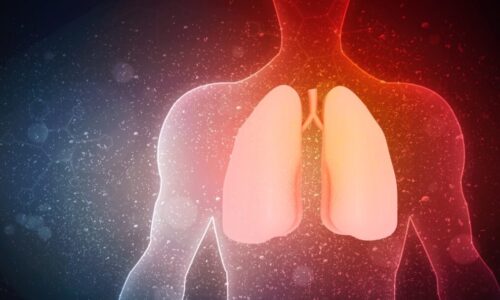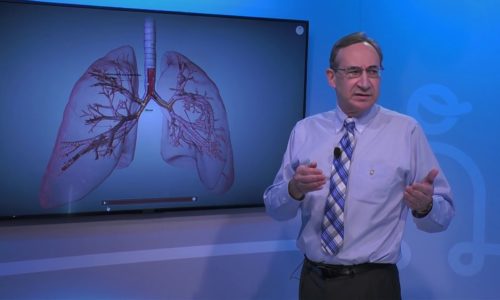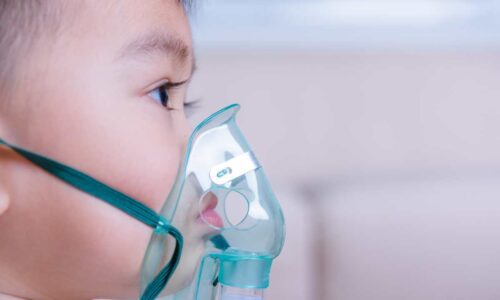The Dangers of Secondhand Smoke |
According to Dr. Veronica Palmero-Gonzalez, Pulmonologist with South Miami Hospital, secondhand smoke has potential risk for health, including development of lung cancer, COPD and chronic bronchitis. “In children it is particularly important, because they may develop asthma, ear infections, and respiratory infection.”
She also recommends creating more free smoking spaces, to prevent problems from secondhand smoke and protect more the secondhand smokers.
Transcript
So you have someone else who’s inhaling the smoke of an active smoker, what about those who say that even if your secondhand it is just as dangerous. You’re not killing there you’re not you’re not hurting it dropping the danger any… just as dangerous as if you’re smoking yourself. > Yeah. It’s really well recognized now that secondhand smoke in it has potential risk for health including lung cancer development, of COPD chronic bronchitis in children’s particularly important because they may develop asthma, ear infections, respiratory infection, so there is definitely a risk for those who live close or share the environment of somebody who’s a smoker. > Okay sharing the environment then this comes down to pregnancy, is the baby at risk from secondhand smoke? > There’s some data suggesting that so same way you whoever gets this supposed to the smoking you can have those same effects or similar perhaps in a lower rate of if the mother was smoking. > Does it not just make sense that if you’re pregnant don’t take the chance, we know about secondhand smoke third well get to 13 smoking but just stay away from it at all levels, yes? > Yes. The best way to prevent these is creating more free smoking spaces, so that in regulations so these people as opposed to the secondhand smokers are more protected. It’s difficult sometimes to deal with a family member who wants to smoke at home if you make that a regulation or or you create more of these free smoking spaces it is the best way to prevent this.








